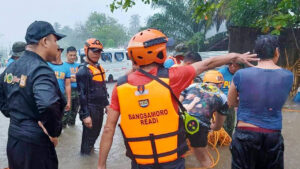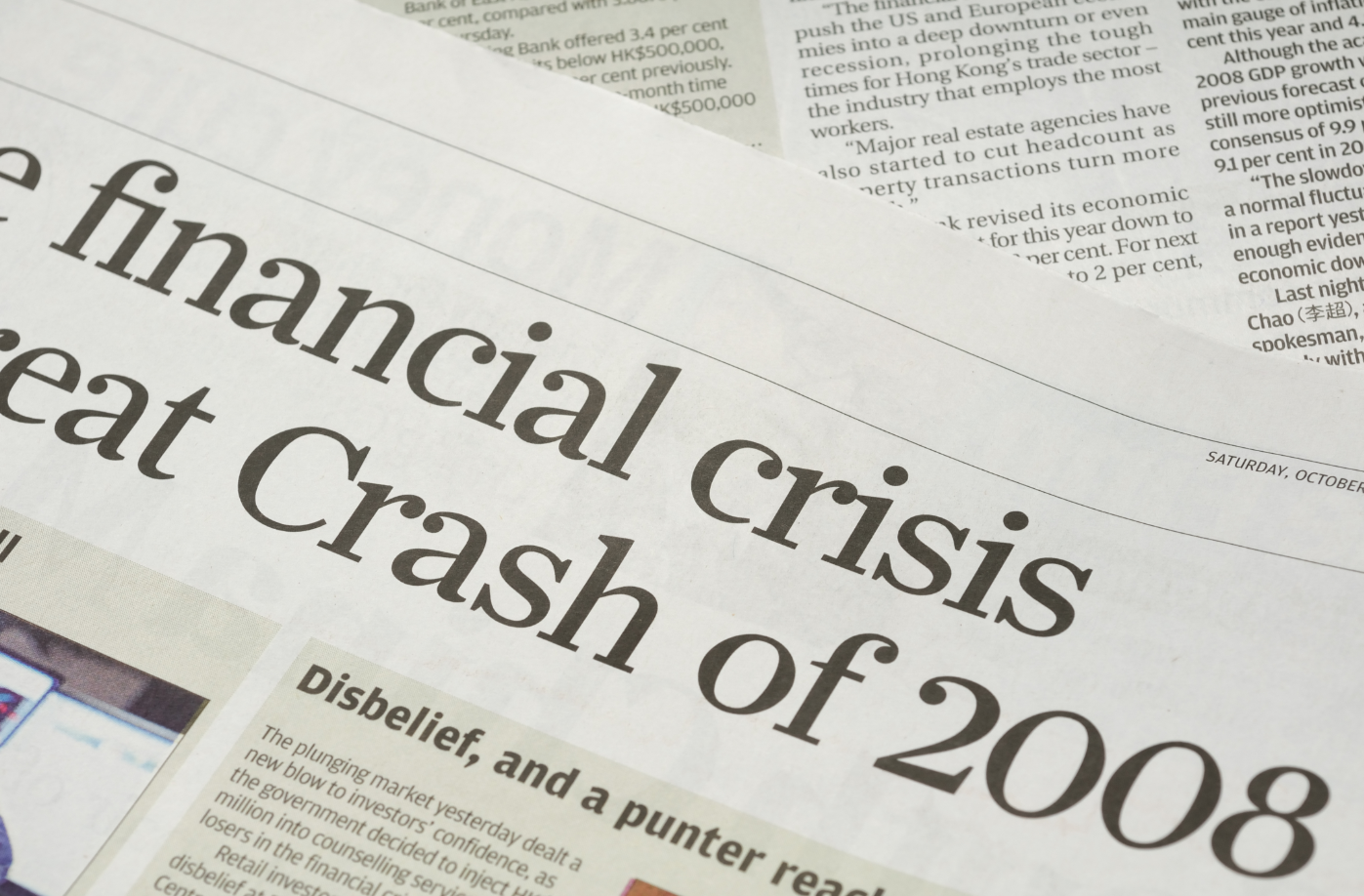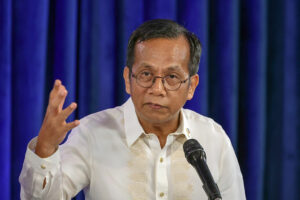Bangsamoro region gets World Bank, UNDP help on beefing up disaster management

THE BANGSAMORO region in southern Philippines is getting support from the World Bank and the United Nations Development Programme (UNDP) as it beefs up its disaster management capacity following the impact of a tropical storm in October where 62 people died and thousands were displaced.
A program called PlanSmart Ready-to-Rebuild (R2R) kicked off last week, where the World Bank held a series of in-person and teleconference orientations in coordination with the Bangsamoro Planning and Development Authority and the Ministry of the Interior and Local Government.
“R2R Program provides the ‘how’ — how to prepare people, communities, and local governments to be more resilient and ready to respond and recover from disasters better and faster,” Norhana Kamid, World Bank coordinator for the Bangsamoro Autonomous Region in Muslim Mindanao (BARMM), said in a statement released by the regional government.
The program is jointly undertaken with national agencies, including the National Risk Reduction and Management Council and Department of Science and Technology, among others.
The R2R will include capacity-building activities designed for local government leaders, disaster risk officers, planners, and budget officers to speed up preparations and implementation of respective recovery programs.
The UNDP, meanwhile, has announced that it has tapped Filipino environment and climate expert Glenn S. Banaguas to lead a project on climate security risk and vulnerability assessment in the BARMM.
“This initiative is unique in that it also takes into account key social factors in addition to the usual metrics. We are aiming for a more holistic and customized approach to the BARMM,” Mr. Banaguas said in a statement from the Climate Smart and Disaster Resilient ASEAN.
The UNDP Philippines’ Climate Security Project within the region aims to strengthen local capacity in dealing with climate-related security risks, and ensure that local governments are able to fund disaster management programs within their socio-economic and political vulnerabilities.
“This project will help every stakeholder understand how climate change, security and peacebuilding interact while highlighting the peace dividends offered by climate adaptation and mitigation efforts and disaster resilience mechanisms,” Mr. Banaguas said. — Marifi S. Jara




